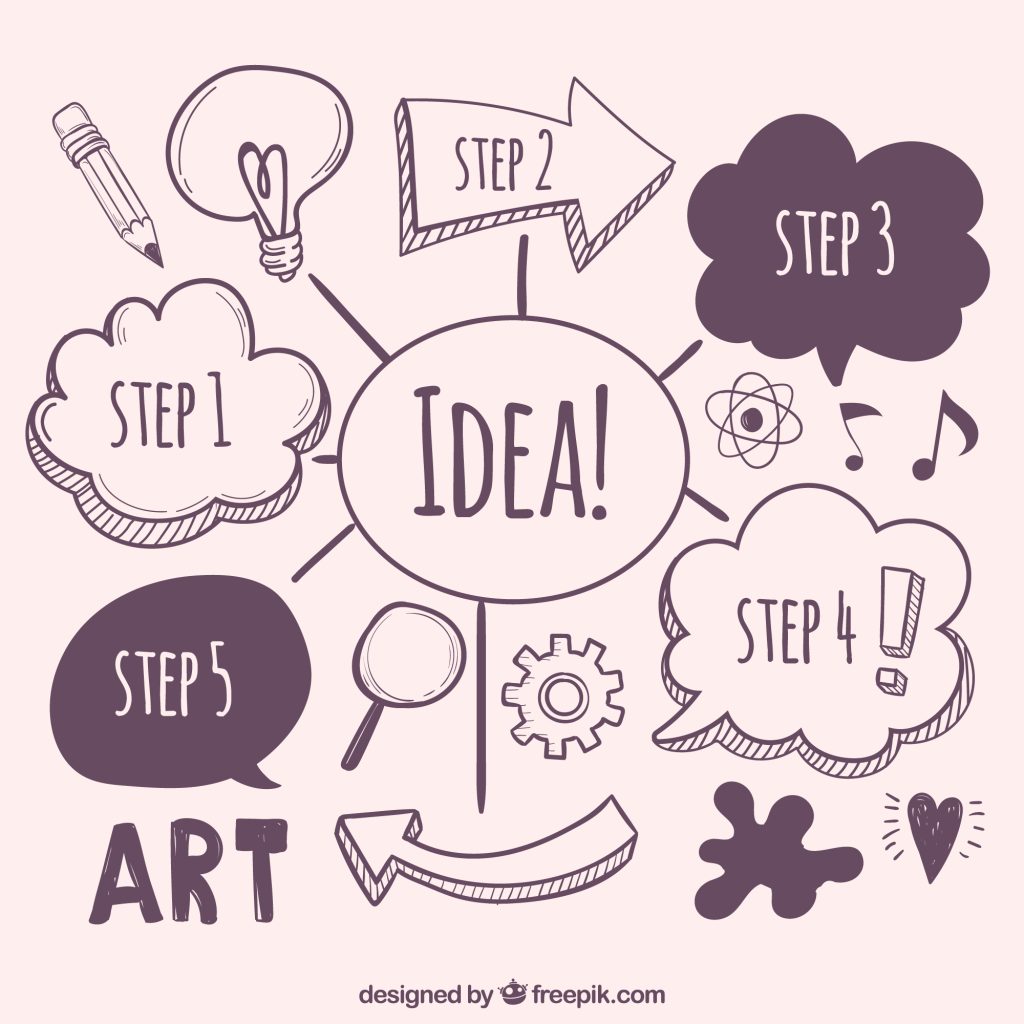In the world of public speaking, the word “vulnerability” is often seen as something to be avoided. Speakers are trained to project confidence, control their nerves, and deliver messages that are clear, persuasive, and polished. But what if we told you that vulnerability—the very thing many speakers fear—can actually be one of your greatest assets?
Vulnerability in speaking is not about being weak or unprepared. It’s about being open, authentic, and real with your audience. It’s about showing your humanity and sharing parts of yourself that make you more relatable and trustworthy. Vulnerability can transform your speeches from just a series of words into an experience that resonates deeply with your listeners. In this blog post, we’ll explore the power of vulnerability in public speaking and how embracing it can help you connect with your audience in ways that confidence alone cannot.
Why Vulnerability Matters in Speaking
At its core, vulnerability is about being willing to show the parts of yourself that you might usually keep hidden. For speakers, this might mean sharing a personal story, acknowledging your imperfections, or admitting that you don’t have all the answers. While it might seem counterintuitive in a world that values polished performance, vulnerability has the power to break down barriers between you and your audience.
When you allow yourself to be vulnerable, you communicate that you are human—that you have fears, doubts, and experiences just like everyone else. And the truth is, people connect with people. Audiences don’t just want information—they want connection. They want to feel that the speaker understands them, that the speaker’s message is grounded in real-life experiences, and that the speaker is approachable and genuine.
The Benefits of Vulnerability in Public Speaking
1. Builds Trust and Authenticity
When you show vulnerability, you build trust with your audience. Vulnerability signals that you’re not trying to hide behind a façade or present a perfect version of yourself. Instead, you’re being real with your listeners, and this authenticity helps them feel more comfortable.
Think about the leaders and speakers who have made the greatest impact throughout history. Figures like Maya Angelou, Brené Brown, and even Steve Jobs weren’t just known for their charisma—they were known for their ability to connect with their audience on a deeply human level. They didn’t shy away from sharing personal stories or acknowledging their challenges. This openness made them more trustworthy and approachable, which, in turn, made their messages more powerful.
2. Enhances Emotional Connection
One of the most powerful aspects of vulnerability is its ability to foster emotional connections. When you speak from a place of vulnerability, you invite your audience into your personal world, allowing them to see you as more than just a speaker. They see you as someone who has lived, learned, and grown, just like they have.
Take, for example, the TED Talk given by Brené Brown on the power of vulnerability. Brown, a research professor and expert on human connection, shared her own struggles with vulnerability and shame. She didn’t just present data or academic concepts—she shared her own fears, failures, and moments of growth. This emotional honesty struck a chord with millions of viewers, leading to one of the most-watched TED Talks of all time. Brown’s openness created a deep sense of connection, as the audience felt they were not alone in their own struggles.
3. Inspires Courage in Others
By embracing vulnerability, you give your audience permission to do the same. When you openly share your experiences, including your challenges and failures, you inspire others to confront their own fears and vulnerabilities. This creates an atmosphere of openness and courage that encourages the audience to take risks, be themselves, and engage with your message on a deeper level.
Think about moments when you’ve heard someone speak openly about their struggles. Maybe it was a CEO talking about the failure of their first startup or a mentor admitting that they too have faced self-doubt. These moments don’t just make us empathize with the speaker—they inspire us to push past our own fears and limitations.
4. Makes Your Message More Relatable
A key reason why vulnerability is so powerful is that it makes your message relatable. When you speak from a place of openness, you acknowledge the common human experiences that unite you with your audience. You may not be able to relate to every person in the room on every topic, but when you share something personal—whether it’s a hardship, a triumph, or a lesson learned—it humanizes you. It shows that you’re not just a speaker giving a performance, but a real person sharing meaningful insights.
Consider how many of us can relate to stories of overcoming adversity, whether in our careers, personal lives, or in achieving our goals. A great speaker knows that sharing these experiences—vulnerabilities included—helps the audience see themselves in the story and feel that the message is meant for them.
How to Incorporate Vulnerability into Your Speeches
1. Share Personal Stories
One of the most effective ways to bring vulnerability into your speech is through storytelling. When you share a personal story, especially one where you faced a challenge, made a mistake, or had to learn a hard lesson, you open the door to empathy. Your audience doesn’t just hear your words—they feel your emotions.
Make sure the story is relevant to your message. It doesn’t need to be overly dramatic, but it should reflect an experience that others can relate to. For example, if you’re giving a talk about leadership, you could share a story about a time when you made a decision that didn’t go as planned, and what you learned from it. This kind of vulnerability not only enhances your message but also shows that growth comes from acknowledging mistakes.
2. Acknowledge Your Fears and Imperfections
Another way to bring vulnerability into your speaking is by acknowledging your fears and imperfections. Rather than pretending to be perfect or entirely confident, it can be incredibly powerful to admit your nervousness or struggles.
For example, if you’re about to give a speech and you’re feeling anxious, you might say something like, “I’m a little nervous right now. Speaking in front of so many people is always a challenge for me, but I believe in the message I’m sharing today, and I hope it resonates with you.” This transparency makes you more human and relatable.
3. Use Vulnerability to Connect with Your Audience’s Struggles
When you know your audience’s pain points or challenges, you can use your own vulnerability to connect with theirs. If you’re speaking to a group of entrepreneurs, for instance, and you’ve had your own business failures, talking about those struggles can make your audience feel less isolated in their own challenges.
4. Don’t Overdo It
While vulnerability is powerful, there is such a thing as oversharing. Make sure your vulnerability is appropriate for the context of the speech and relevant to the message you’re delivering. You want your audience to connect with your story, not to feel overwhelmed or uncomfortable. Keep it balanced—share just enough to make your message personal and relatable, but ensure it doesn’t detract from your overall purpose.
Embracing Vulnerability as a Speaker
Incorporating vulnerability into your public speaking can be transformative—not only for your audience but for you as a speaker. By showing that you’re human, you invite your listeners to connect with you on a deeper level. Vulnerability builds trust, fosters emotional connection, and creates an environment where your message can truly resonate. It also gives your audience the courage to embrace their own vulnerabilities, making them more open to your message.
Next time you step up to speak, remember: your imperfections are not something to hide. They are part of what makes you authentic, relatable, and powerful. When you embrace your vulnerability, you don’t just speak to your audience—you connect with them in a way that has the potential to inspire and transform.










